Writings
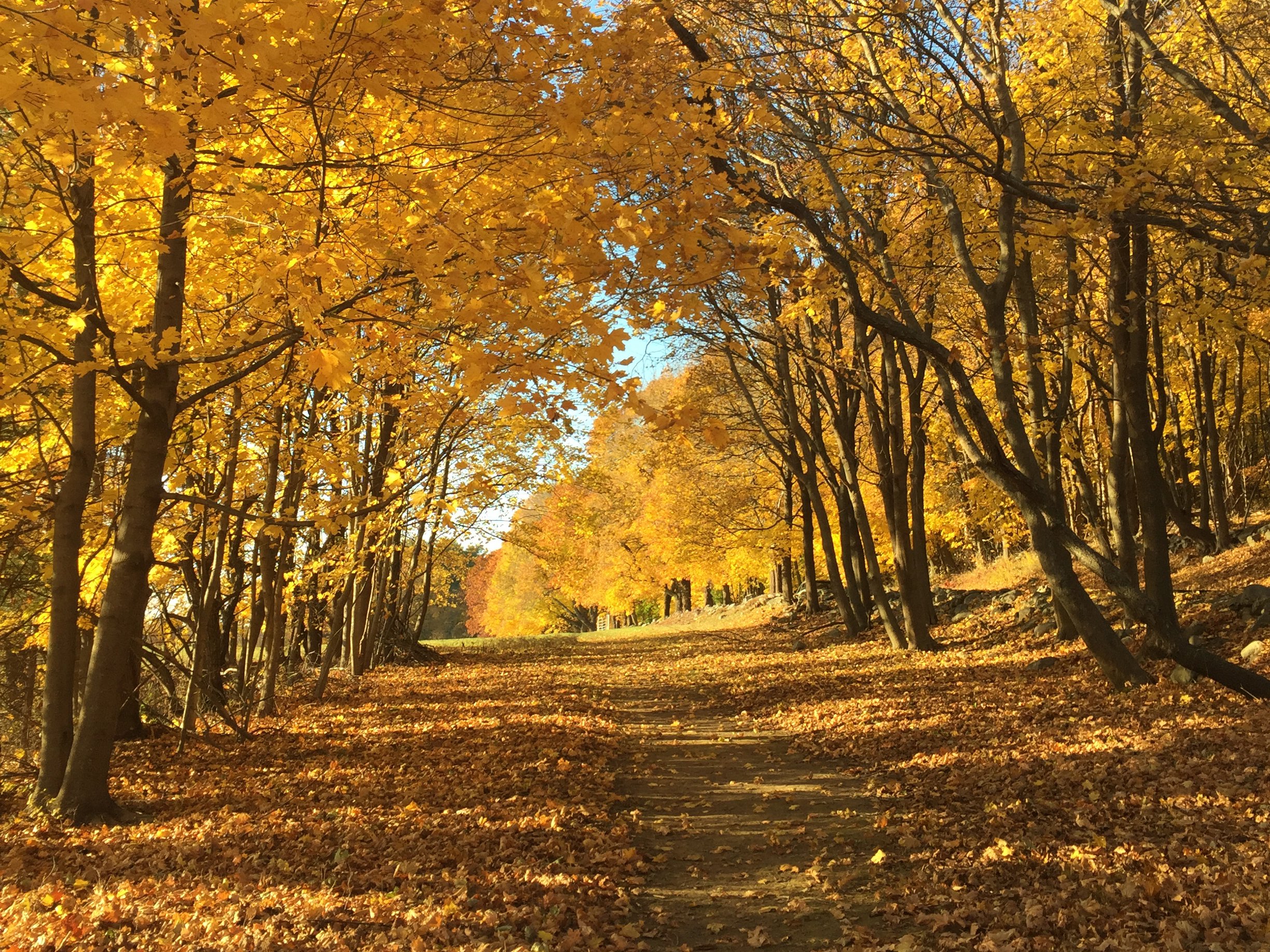
Embodying Mindfulness in Challenging Times
I was speaking to a friend recently about a situation in the world we had different opinions about. Our conversation, although initially cordial, became increasingly divisive; goodwill and apparent open-mindedness disappeared, and the conversation went nowhere. Isn't this how the world can become so full of conflict and strife?
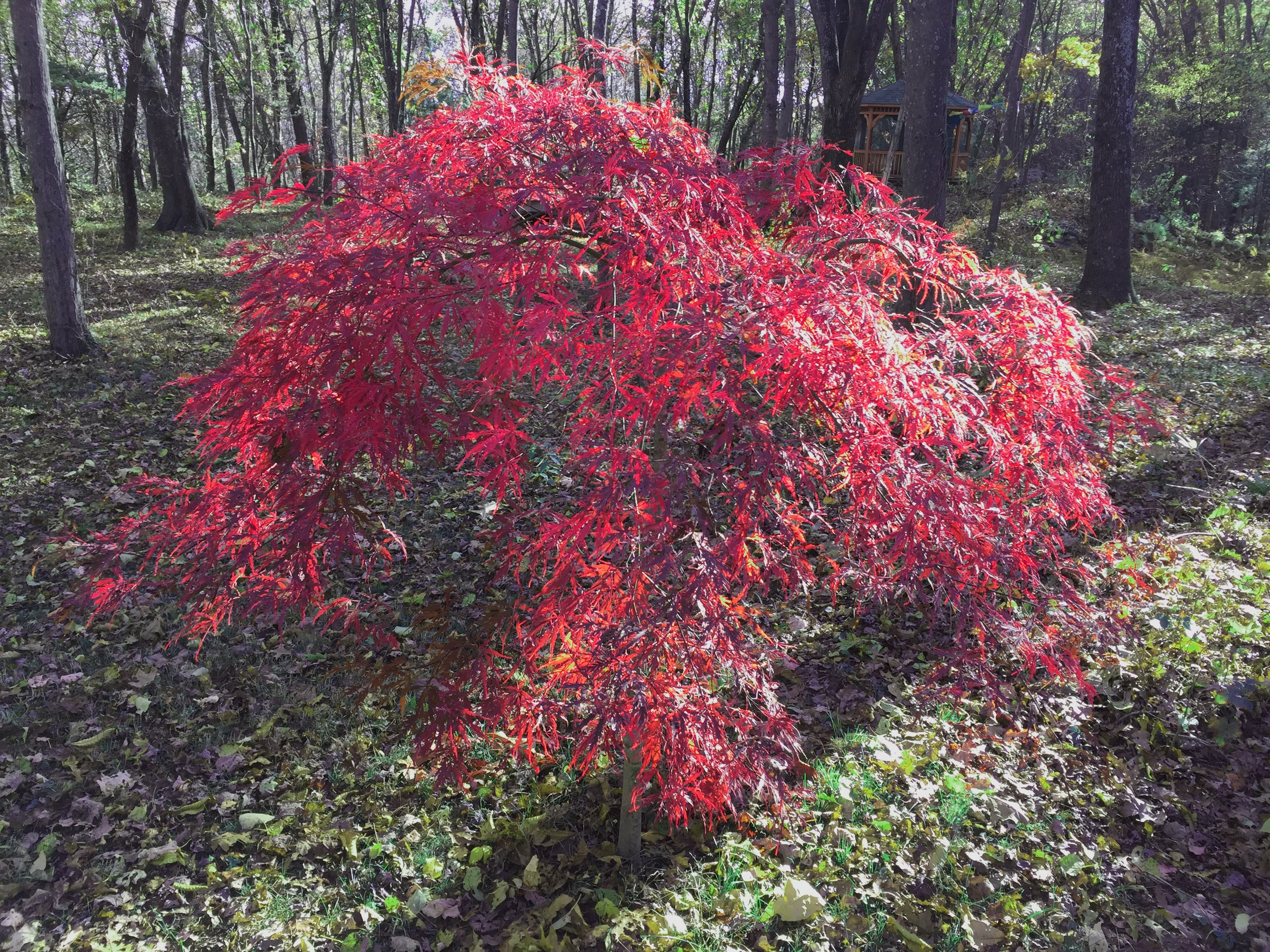
The Art of Unselfconscious Living
About three decades ago I spent a year as a Buddhist Monk in Thailand. It was a very austere life, dedicated to meditation and simplicity. One of the trainings I practiced was to only take one meal a day before noon from the food collected going on alms round early in the morning.
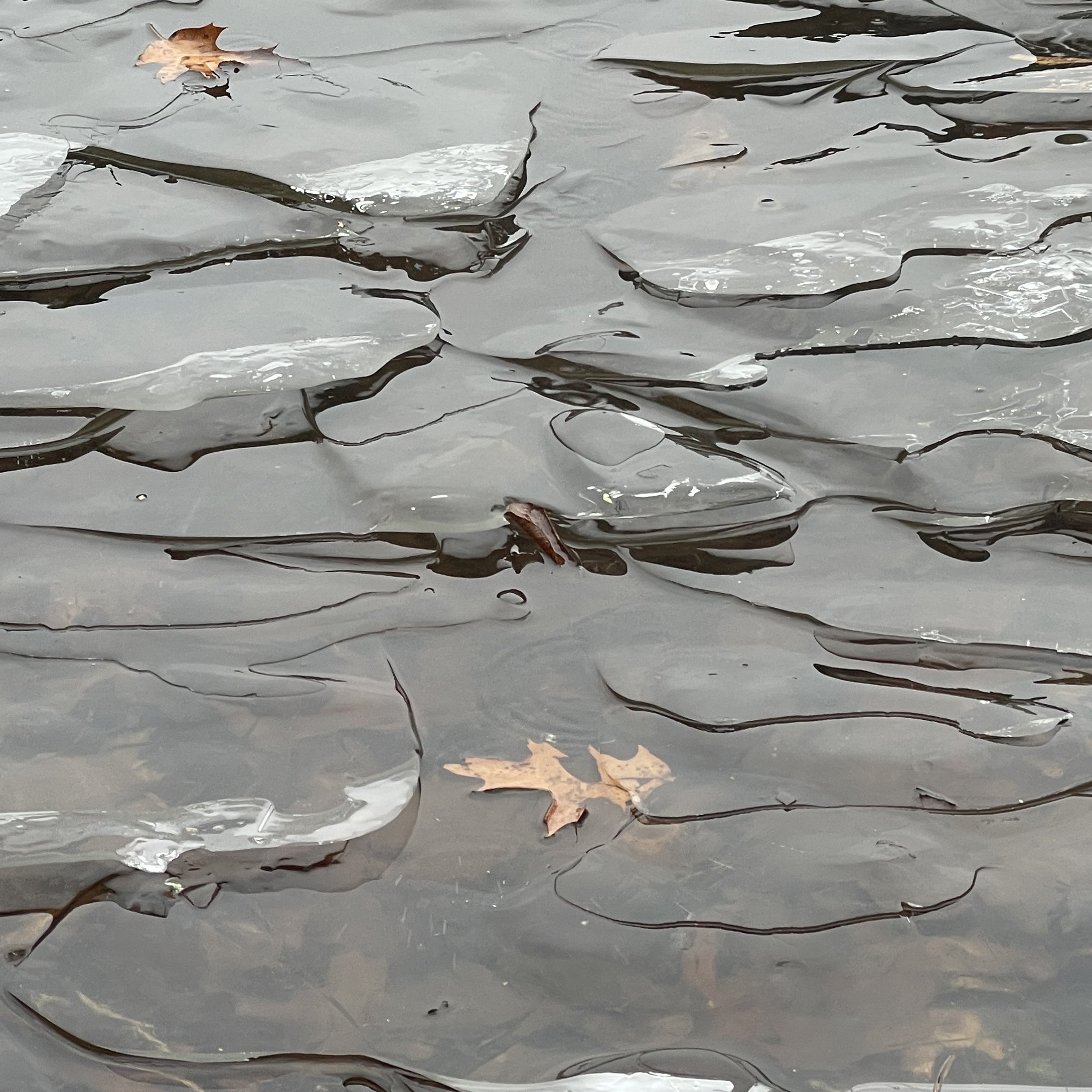
A Zen Master Cries
My mentor and close friend, Larry Rosenberg, told me this story from the time when he was practicing meditation at a Zen monastery in Korea. He attended the funeral of a nun who had died. Larry was seated next to a famous Zen master, who had been a friend of the nun. As the ceremony progressed the Zen master cried. Larry felt embarrassed sitting next to this man, who many held in great esteem for his meditative depth. Wasn’t an accomplished Zen master supposed to be equanimous in the face of life and death? Shouldn’t this man have transcended the difficult emotions that can come with loss? His behavior didn't make sense and Larry, who was relatively new to practice at the time, asked to meet with him.
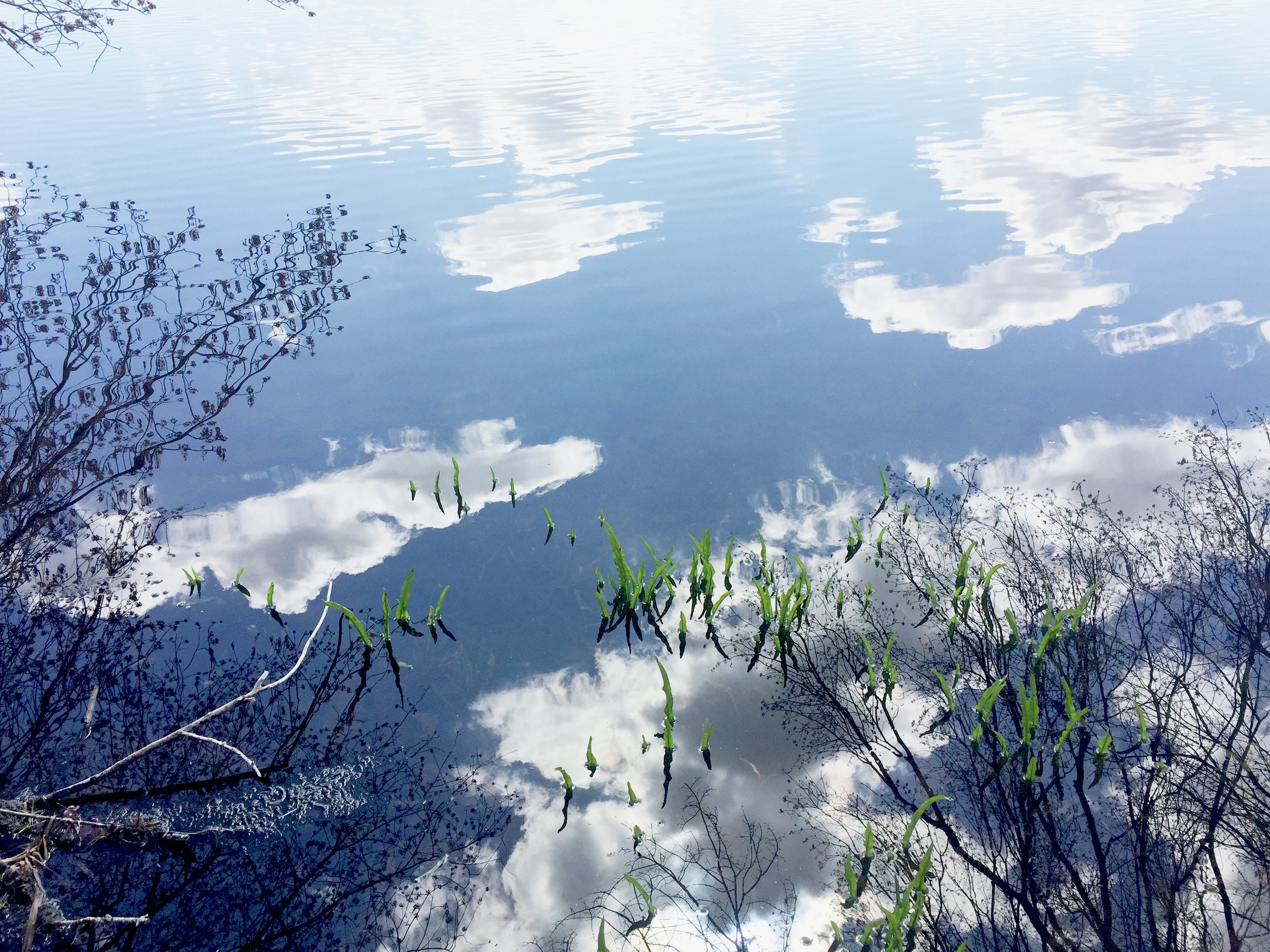
The Mindfulness Bell
In Buddhist meditation practice centers and monasteries, the ringing of a bell has great importance in the flow of daily life events. To mark the beginning or end of meals, meditation, and work periods a bell is rung. In the communities of the Vietnamese Zen master Thich Nhat Hanh, when the bell sounds, everyone is encouraged to stop and take three mindful breaths. Hearing a bell ring throughout the day helps them to be mindful.

The Leaves Will Always Fall
Recently, about five people from our meditation community and I set out on the roadside near the Meditation Center to pick up garbage. An hour and a half later, the back of my old car was full of garbage bags, an old tire, and other items ready for disposal. We parted ways with a smile, glad to have purified the natural scene in the area.
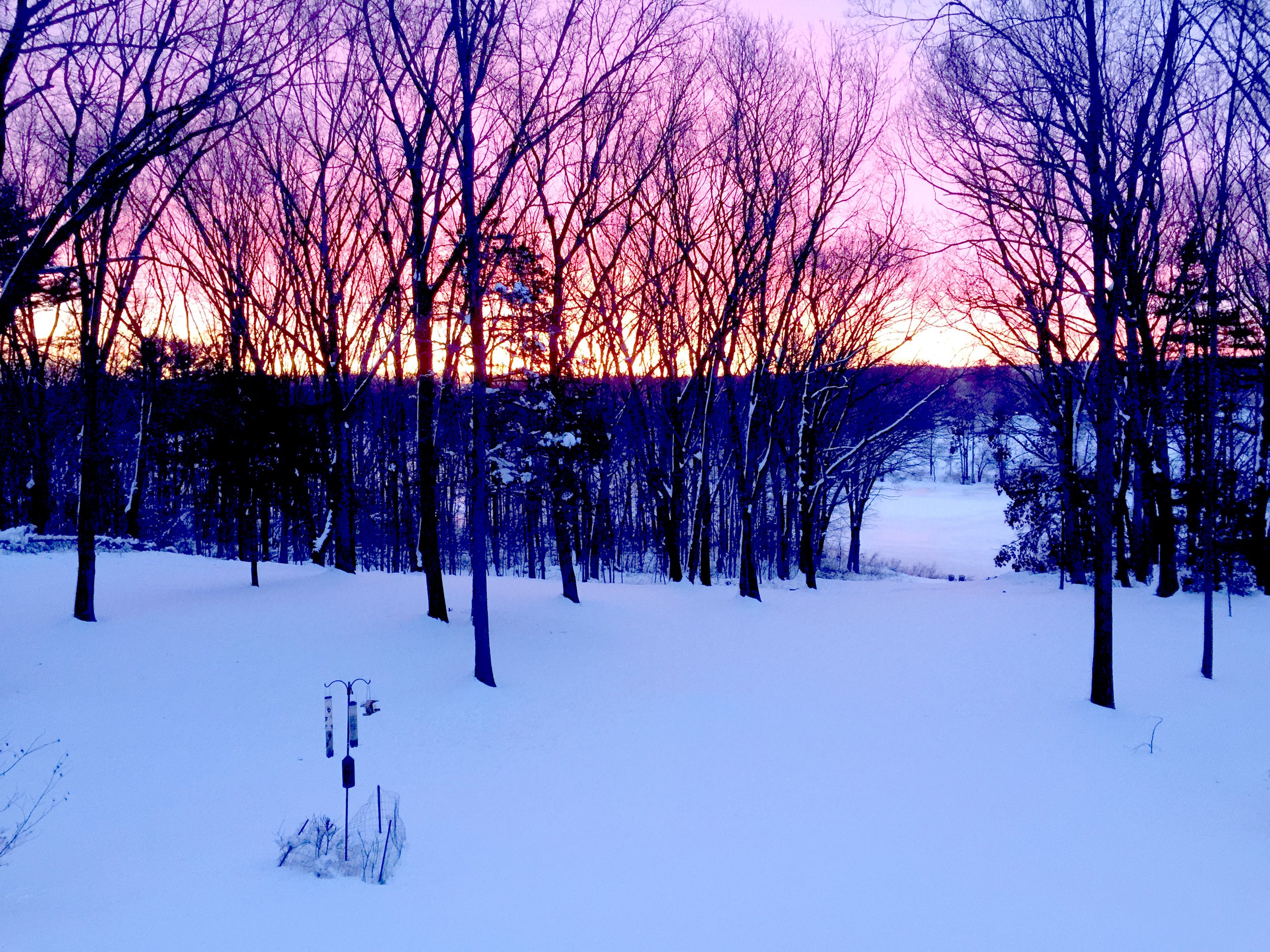
Being With Things As They Are
Can’t see Mount Fuji
Fog
How interesting!
~ Basho
This is a simple and profound teaching from the renowned 17th century Japanese haiku poet, Basho: That which is blocking our view of something we want to see is interesting in its own right, and worthy of our attention, just as it is.
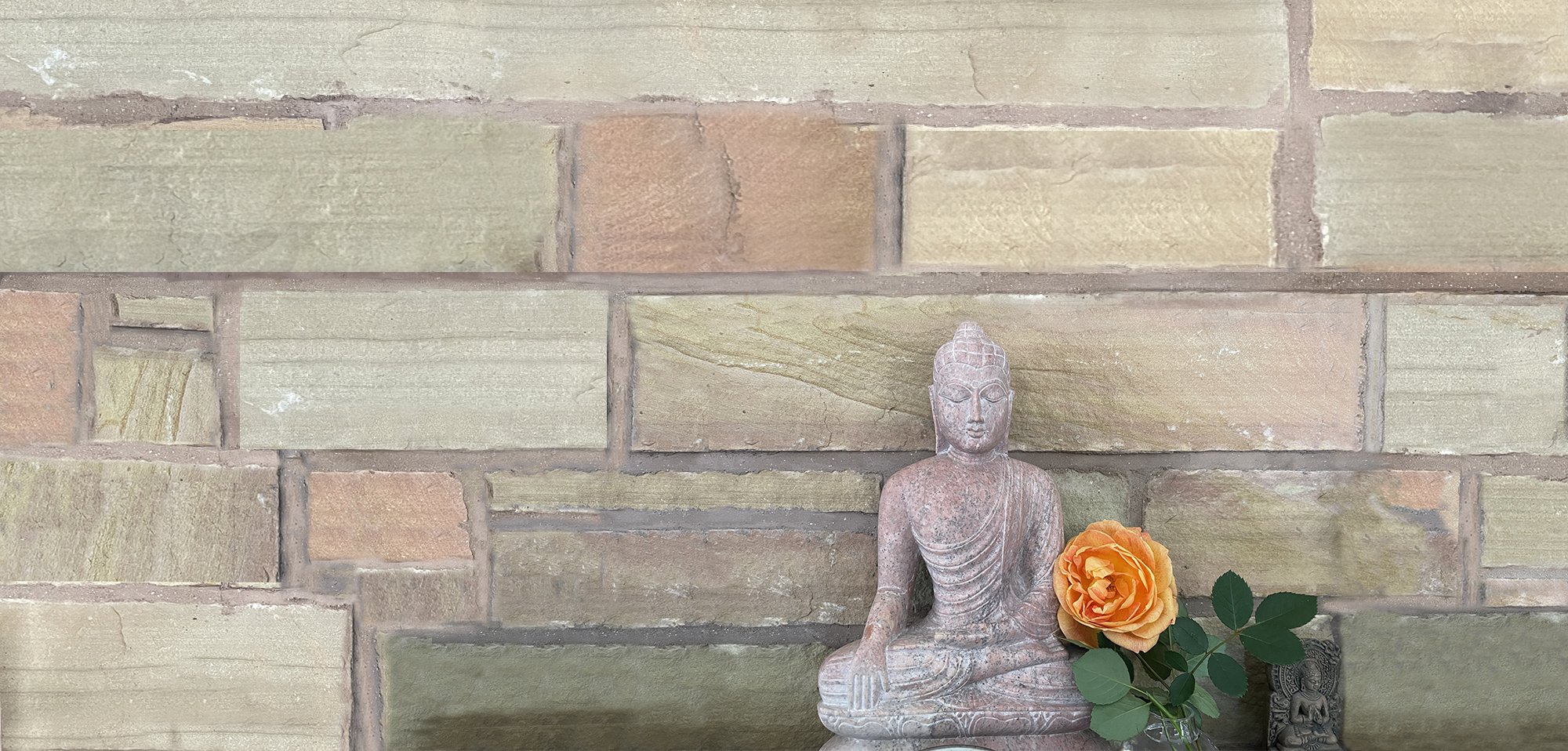
Embodying Mindfulness
I was speaking to a friend recently, and our conversation, although friendly, was becoming increasingly less sympathetic and connected. My friend kept saying that they had a vision of how a particular situation should be. This friend could see the outcome that they desired. I kept bringing up other points of view and the conversation went nowhere.
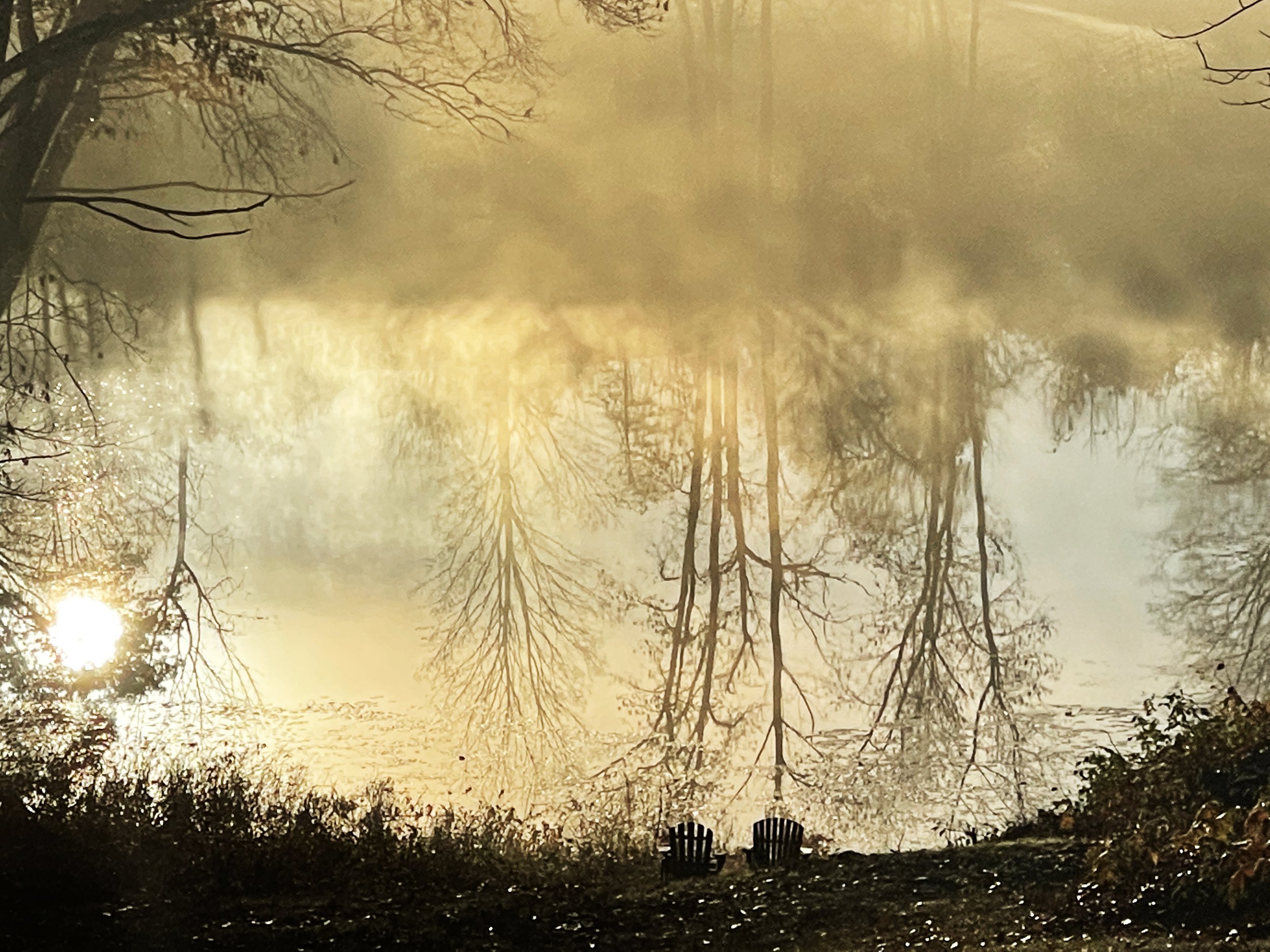
Aligning Ourselves With Change
In the spiritual traditions of Asia that I lived in, people would come to the monks and ask questions about the future. They wanted to know how it would be, and it was said that the great meditation masters could see the future. I heard a story that the great Thai monk Ajahn Cha would never respond to such questions. One time though, when pressed by a sincere devotee he gave in. After much fanfare and excitement he simply said I can tell you something certain about your future, that one thing is uncertainty. I recently read a financial pundit who said, in essence; give me the bad news over uncertainty any day.
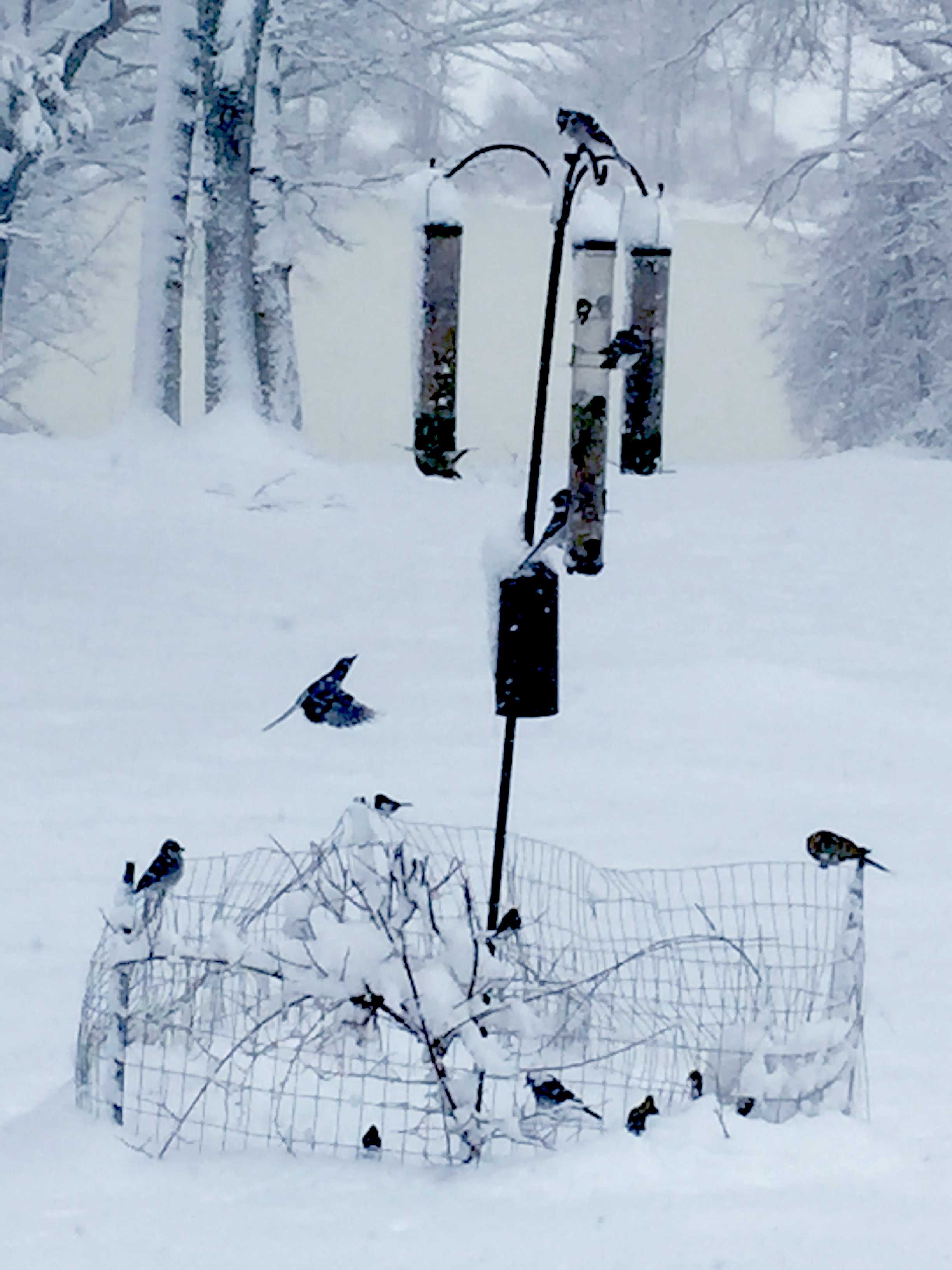
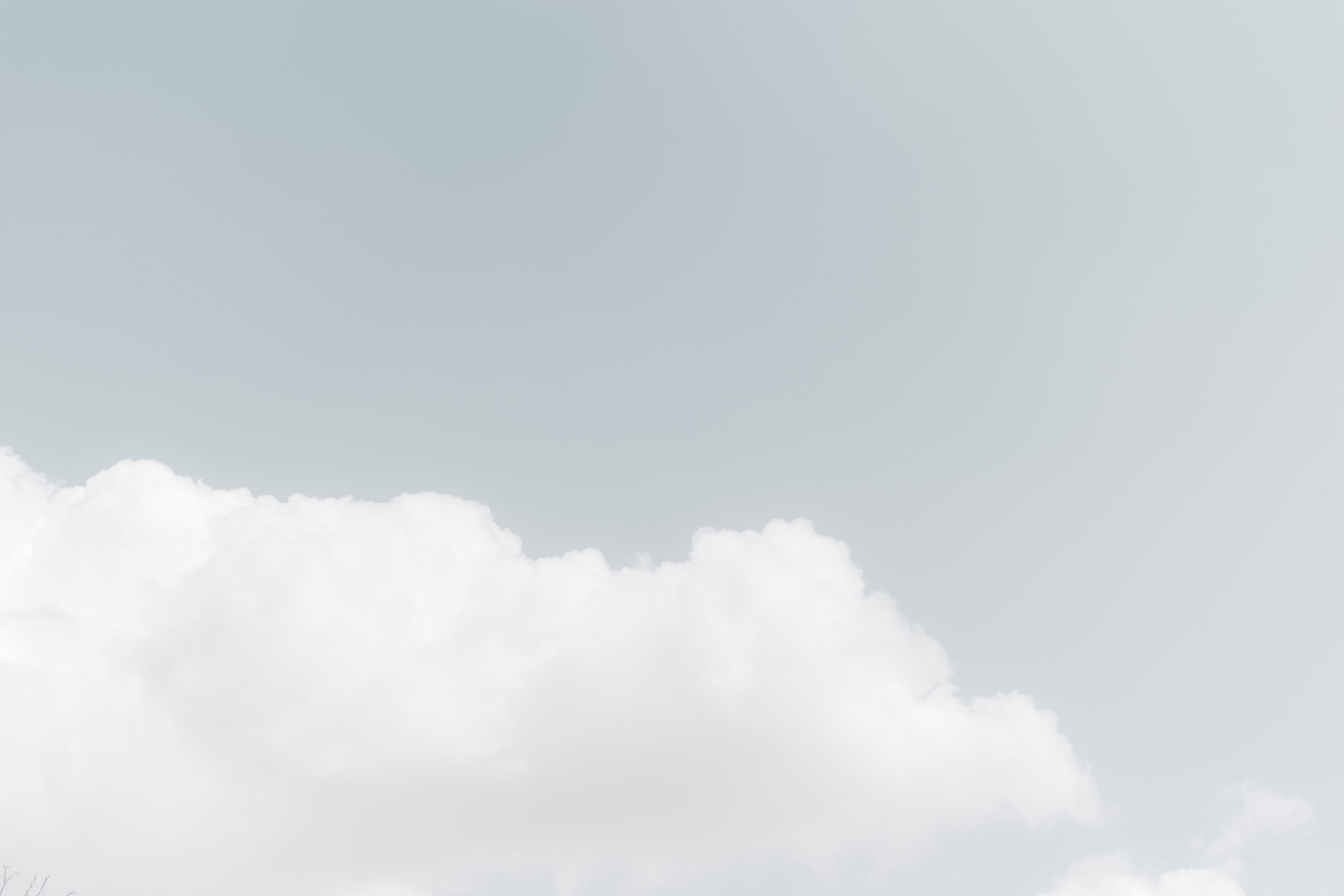
The Transformative Power of Inner Peace
Here is an ancient story from India: King Ashoka, the ruler of a vast empire, was surveying a field after his troops had won a battle. Amidst the carnage he saw a solitary Buddhist monk. Clad in saffron colored robes, the man walked mindfully, posture erect, gate steady and unhurried. His whole countenance radiated peace and calm in the midst of chaos. Ashoka, who had built a vast empire through brutality, was confused. How could this man have so much equanimity in the face of such devastation? How could he walk right through the heart of it, and give off the presence of peace?
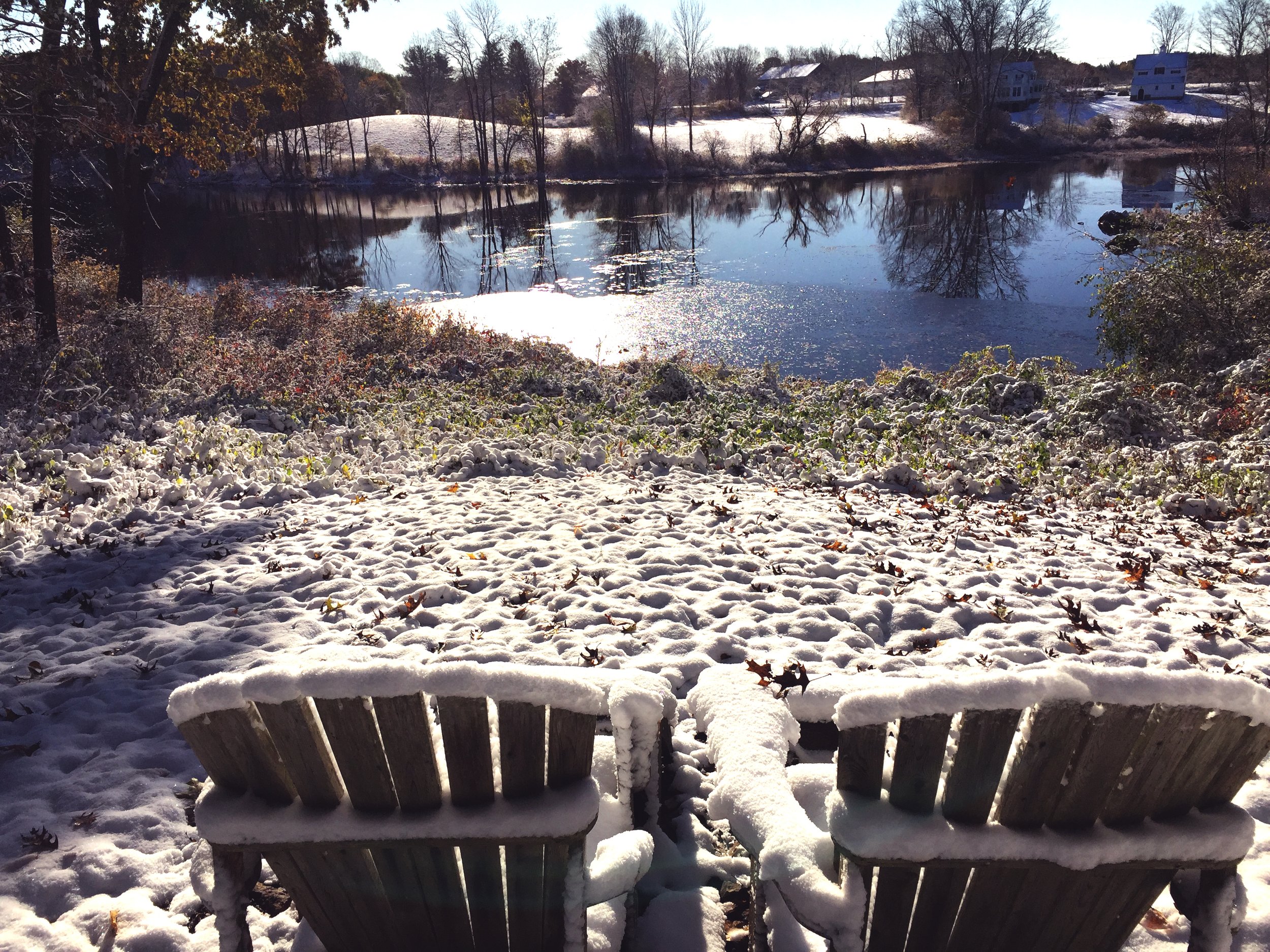
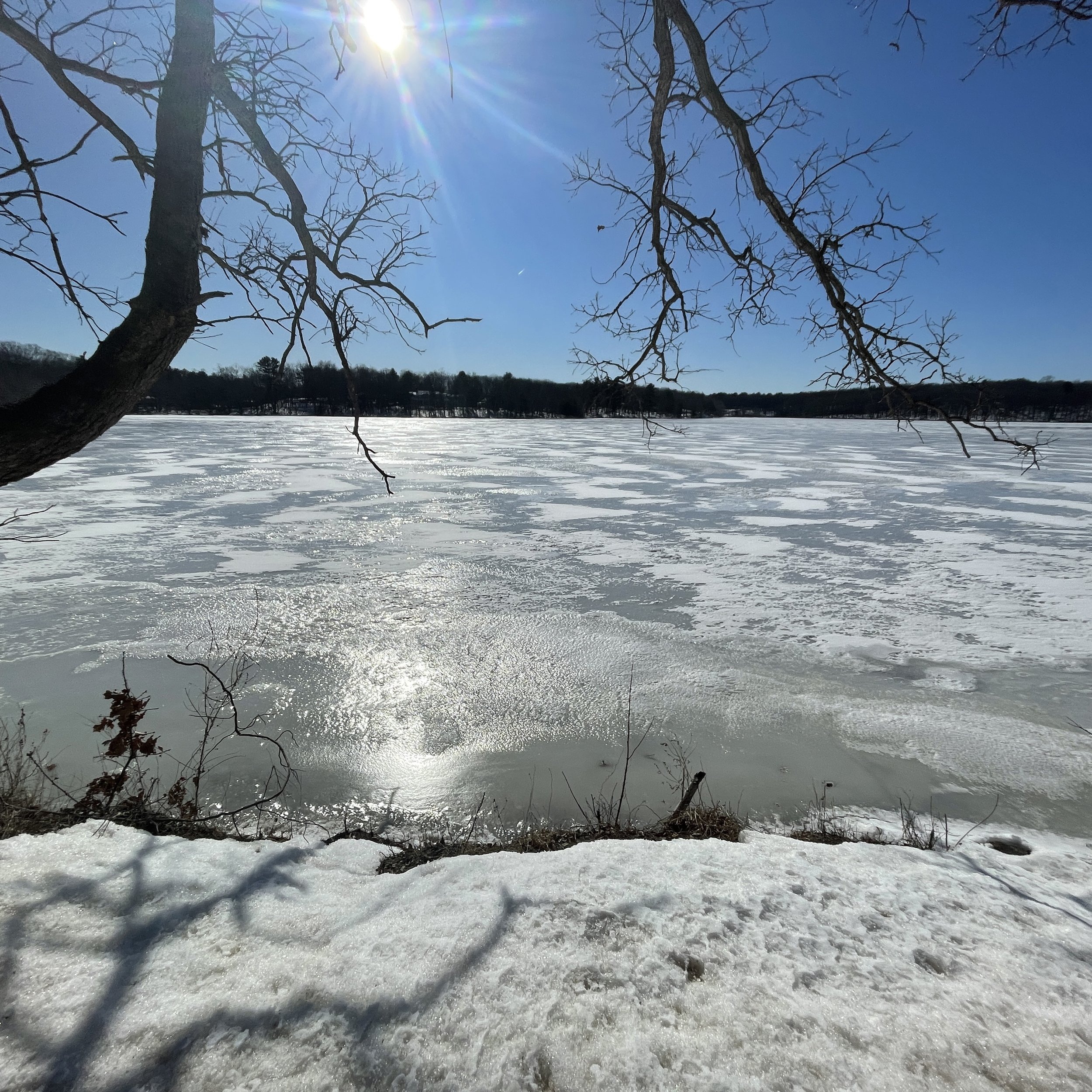
Mindfulness and Compassion for the Holidays
With the Holiday season upon us, many different emotions may arise; from the joy of connecting with friends and family, to the feelings of separation and loss remembering times of connection which have ended. I know this for myself; my mother passed away as the leaves fell last autumn. It is a difficult time of year for me, the warmth of this maternal connection just a memory.
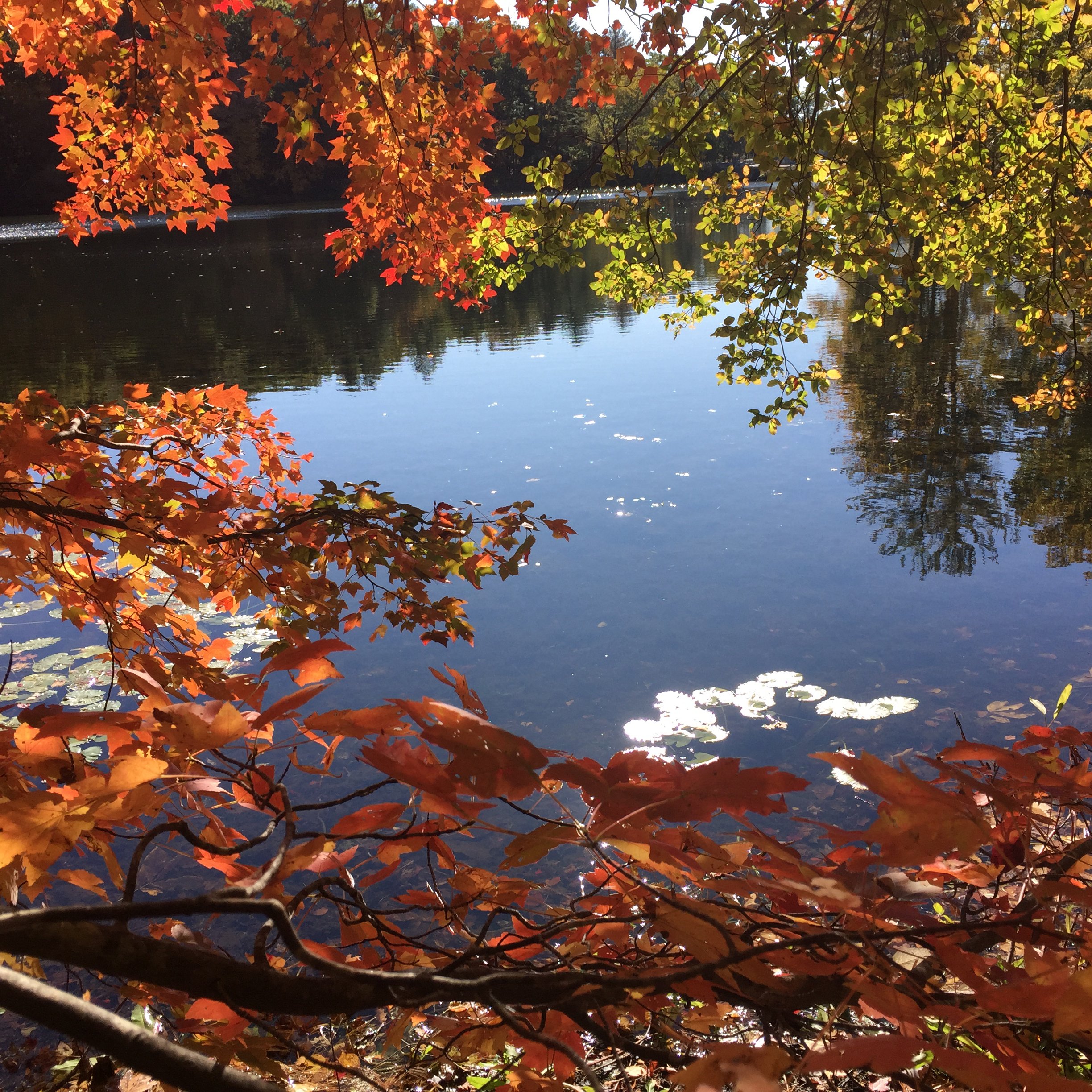
Insight Meditation and The Art of Wise Effort
In our fast paced achievement driven culture, we often neglect to pay attention to the quality of effort we bring into our lives. If we examine this closely we may discover that when we fail to bring a balanced amount of effort to any given task, and to our lives in general, we and those around us suffer. We may end up paying the price with increased stress levels, harmful emotional reactivity, and a feeling of disconnection.
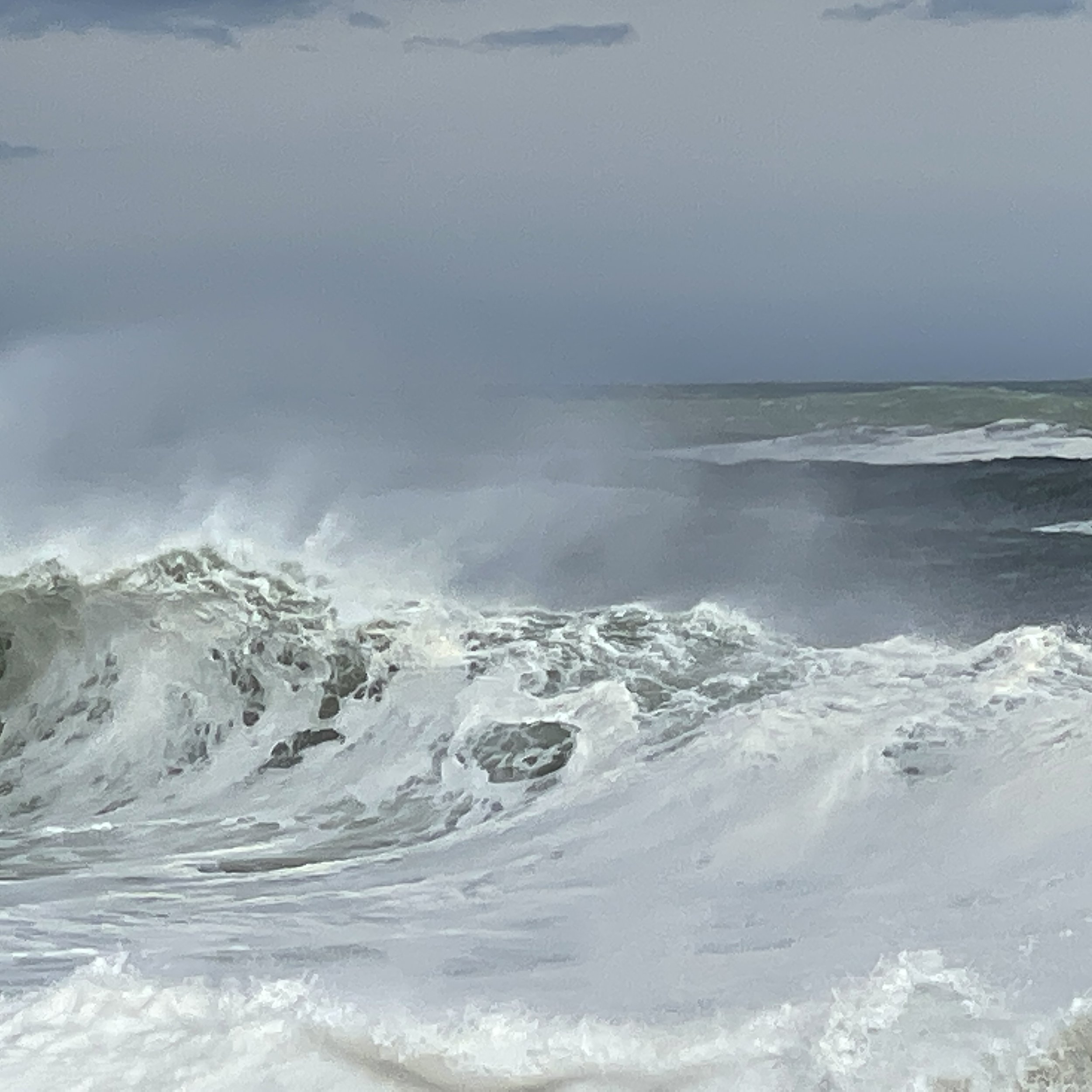
Breath Awareness and Relating Mindfully
To live is to be related. I mean this in a very simple way. When we die our ability to see, hear, smell, taste, and touch all fade. We have lost our relatedness to life. This is death. From this perspective to be alive is based on our ability to be aware. The greater our conscious connection to the things of our life; the people, the objects we cherish, even our own bodies, thoughts and emotions, determine our level of our aliveness.

Letting in the Sun: The Power of Present-Moment Awareness
By Matthew Daniell for Kripalu Center for Yoga and Health

The Best Season of Your Life
Spring rushes forth in all its glory this time of year, trees and grasses bright and green and growing strong, bird song amidst warm breezes. Is spring your favorite season, or summer, autumn, or winter?
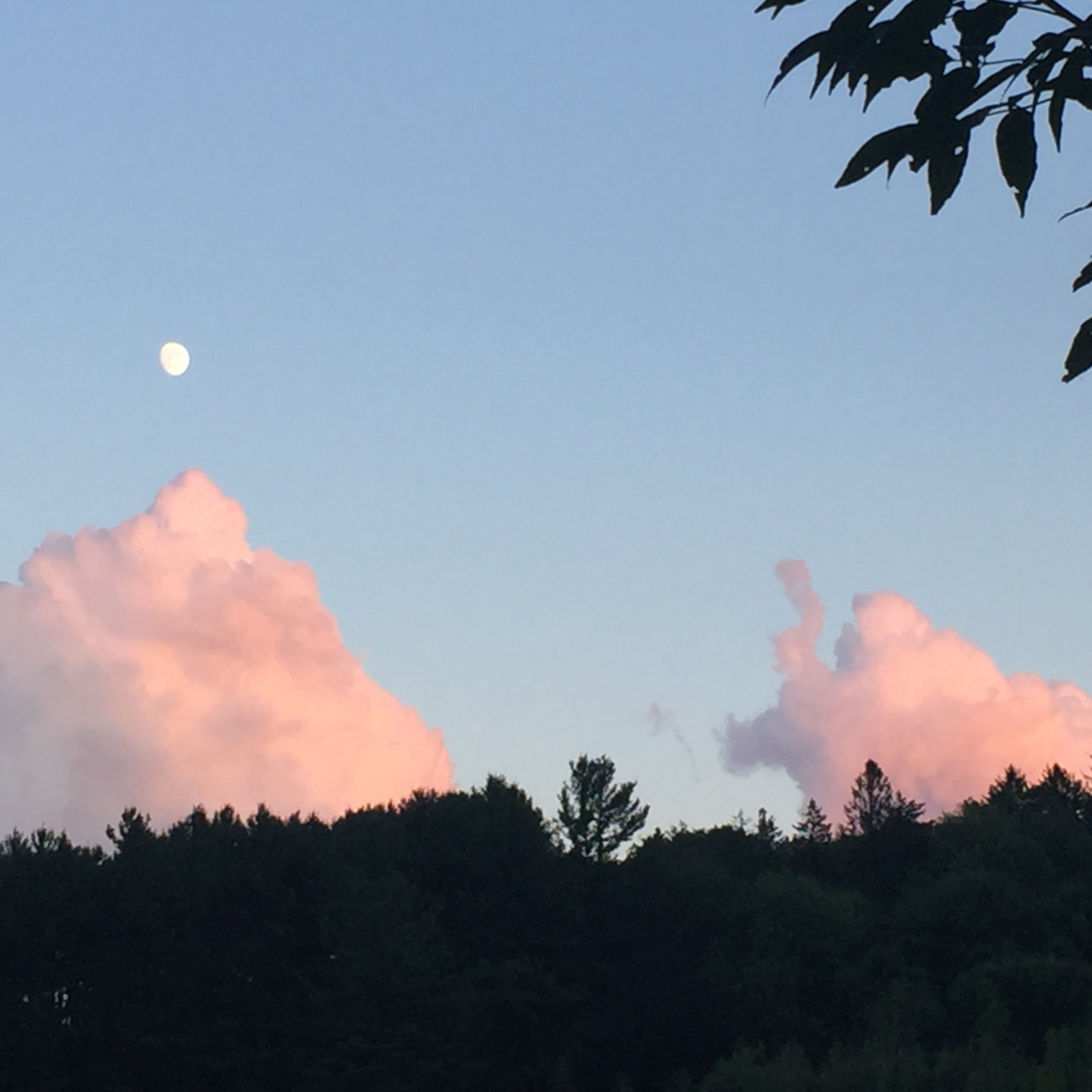
Generosity, Gratitude and Present Moment Awareness
In our fast-paced world often the qualities of generosity and gratitude are used as a social lubricant, and do not spring from nor touch the heart deeply. This is unfortunate as these qualities, when nourished and grown, can provide a powerful connecting and healing force for ourselves and the world.

The Nourishment of Mindfulness
About three decades ago I spent a year as a Buddhist Monk in Thailand. It was a very austere life, dedicated to meditation and simplicity. One of the trainings I practiced was to only take one meal a day before noon from the food collected going on alms round early in the morning. I would arrange my monk's robes, walk alone across rice fields to a nearby village, where humble folk would place various little bits of foods such as rice and vegetables in my monks bowl. I would silently return to the monastery and quietly, slowly, eat the food. Often it was not very tasty by my American standards, but I was grateful to receive this one source of physical nourishment a day to keep me going.
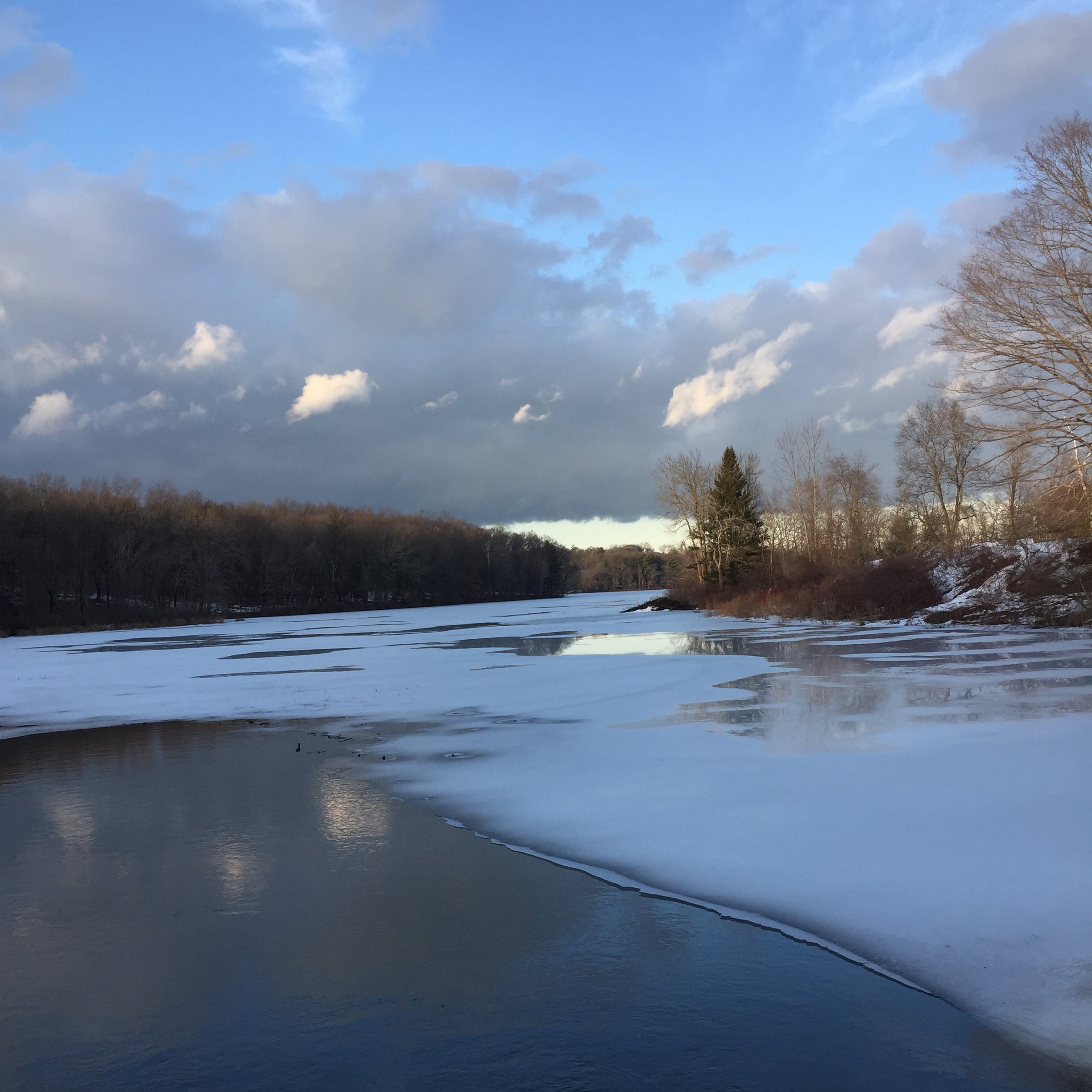
Matthew Daniell
North Shore Insight Meditation Community